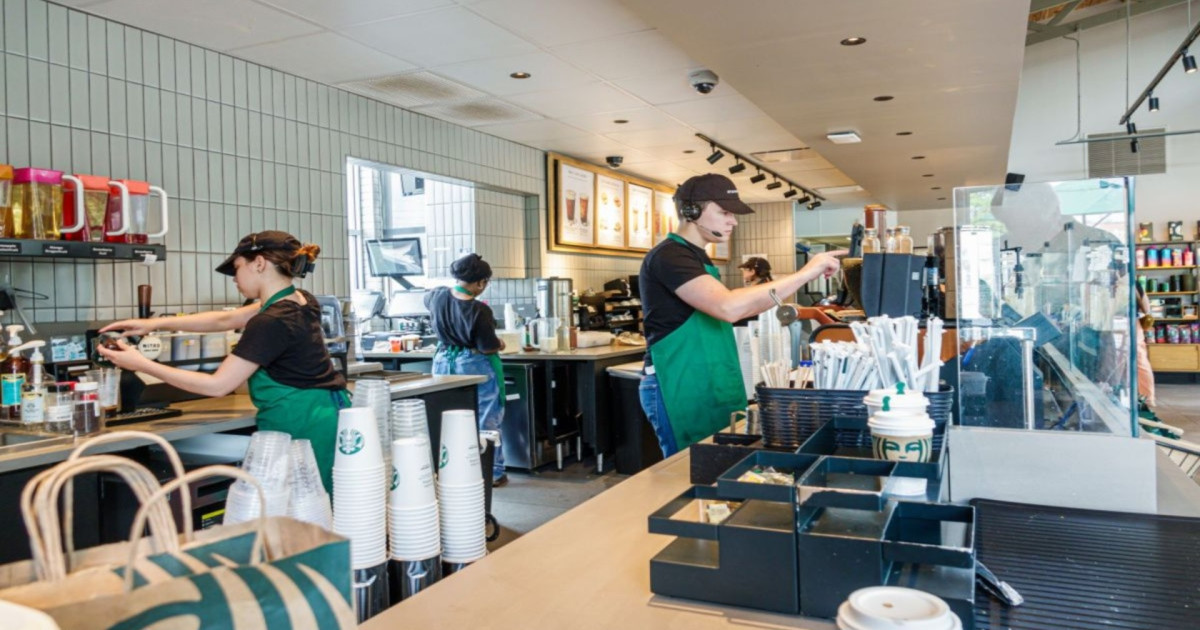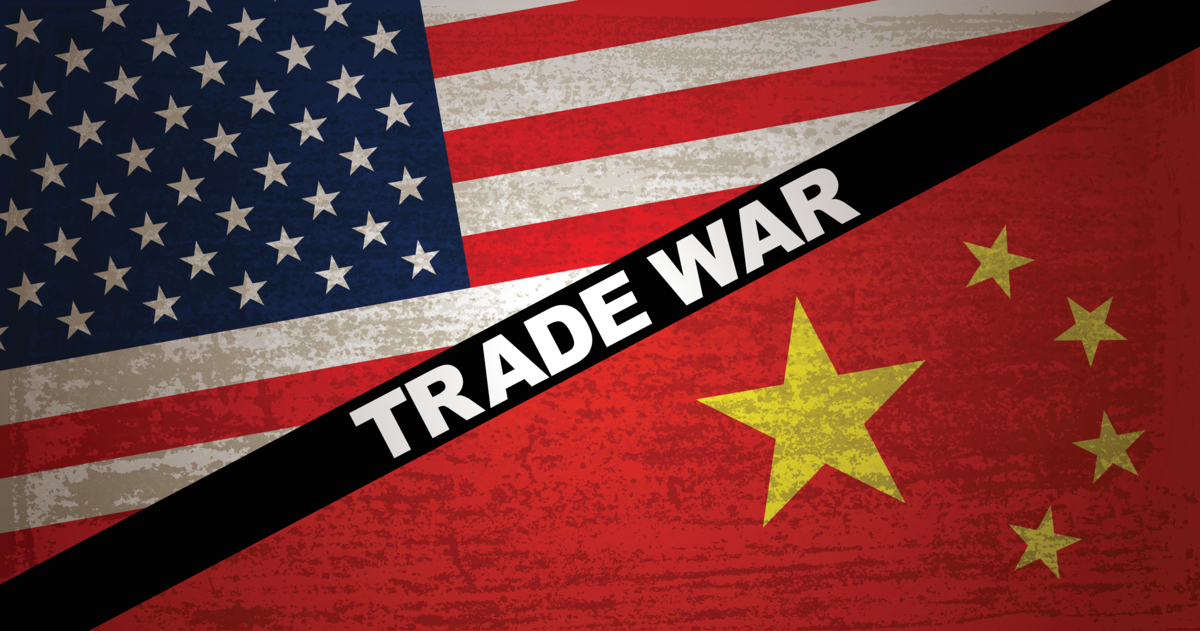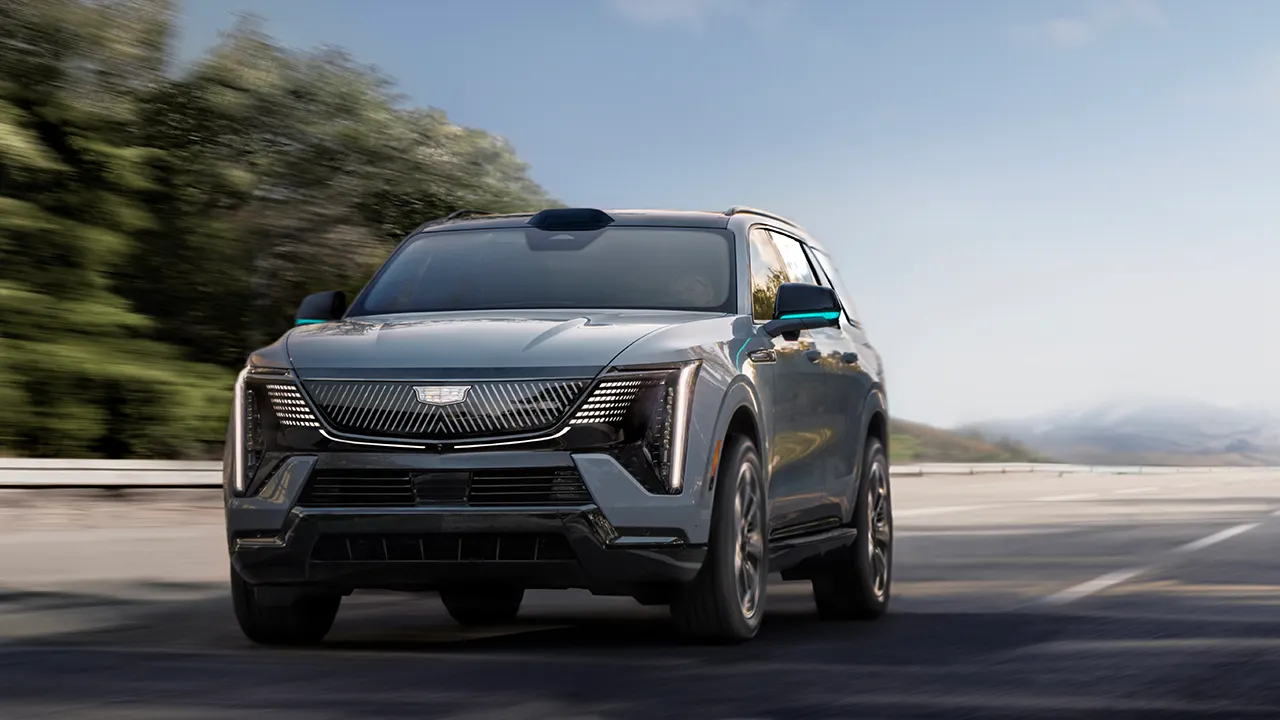Copyright The Street

Starbucks has just made one of the boldest and most surprising moves since its founding in 1971, despite the company recently revealing plans to close several stores by the end of the year. In July, rumors began circulating that Starbucks was considering a sale of a significant stake in its China business, as first reported by CNBC. According to initial speculation, nearly 30 U.S. and international private equity firms had submitted non-binding offers ranging from $5 billion to $10 billion. Starbucks was in the process of reviewing the proposals and creating a short list, with a final decision expected by the end of 2025. The coffee giant reportedly planned to retain a 30% stake while distributing the remainder among multiple buyers, each holding less than 30%. “We see significant long-term potential in China and are evaluating the best ways to capture the future growth opportunities,” a Starbucks spokesperson said at the time. “We are looking for a strategic partner with like-minded values, who shares our vision to provide a premium coffeehouse experience. We remain committed to China and want to retain a meaningful stake in the business. Any deal must make sense for Starbucks’ business and partners.” Starbucks forms joint venture with Boyu Capital Today, Starbucks revealed that it has officially agreed to a joint venture with Boyu Capital for $4 billion, under which the Chinese investment firm will hold a 60% interest in the coffee giant’s retail operations in China. As part of the deal, Starbucks will retain a 40% stake and continue to own and license the Starbucks brand and intellectual property to the new entity. Over the next decade, Starbucks anticipates the total value of its China retail business to exceed $13 billion, factoring in proceeds from the sale of a controlling interest to Boyu, the retained stake, and the net present value of ongoing licensing revenue. “Together, under this new joint venture, the two companies will elevate the Starbucks customer experience, accelerating innovation in beverages and digital platforms, expanding into new cities and regions, and deepening connections with customers through meaningful local relevance,” said Starbucks in the announcement. Starbucks China will maintain its Shanghai headquarters and continue to own and operate its existing 8,000 stores, with plans to expand to as many as 20,000 locations over time. “Building on our positive business momentum, our partnership with Boyu will enable Starbucks China to fully unlock the vast market opportunity,” said Starbucks China CEO Molly Liu. “This collaboration is a powerful commitment to our next chapter of growth.” The deal is expected to be finalized by the second quarter of fiscal 2026. Starbucks’ U.S. challenges and China’s growth potential Starbucks (SBUX) has experienced a significant slowdown in its overall business, particularly in the U.S., where market share and sales have declined. In response, the company launched its “Back to Starbucks” strategy, aiming to return to its roots by refocusing on providing a community-centered, personalized coffeehouse experience. The turnaround plan is designed to reverse declining sales and rebuild the brand’s connection with customers. More Starbucks: Starbucks closes more stores in a key market Starbucks unveils holiday collaboration fans have been waiting for Starbucks makes changes to win customers back However, reinventing one of the world’s largest coffee chains is expensive and takes time. In the fourth quarter of fiscal 2025, Starbucks U.S. comparable sales were flat year over year, with a 1% decline in comparable transactions. “To complete a turnaround, Starbucks can’t just rely on slick marketing, good-quality products or the coffee experience,” said Reptrak Chief Reputation and Strategy Officer Stephen Hahn-Griffiths to Forbes about Starbucks’ strategy. “It needs to find a new angle that allows people to better understand the totality of Starbucks and what it stands for.” On the other hand, its China business has demonstrated growth potential, with comparable sales increasing 2% and comparable transactions up 9%. By the end of the quarter, stores in the U.S. and China accounted for 61% of the company’s global portfolio, comprising 16,864 stores in the U.S. and 8,011 in China. Starbucks faces rising competition from Chinese rivals This major business move by Starbucks comes at a very interesting time, given the increasing competition from Chinese chains in the U.S. Its biggest Chinese coffee rival, Luckin Coffee (LKNCY), entered the U.S. market this summer, opening five stores in New York City in under four months. In less than a decade since its inception, it has built over 26,200 stores in Asia, surpassing Starbucks and becoming China’s largest coffee chain in 2023. In the second quarter of fiscal 2025, Luckin Coffee’s total revenues increased 47.1% year over year, with same-store sales for self-operated stores rising 13.4%. Another competitor to watch is Mixue Bingcheng (MXUBY). The Chinese ice cream and bubble tea chain has over 46,400 stores across China and Southeast Asia, earning it the title of the world’s largest fast-food chain. The company is set to open its first U.S. location in New York City soon, and in fiscal 2024, its revenue surged 22.3% to nearly $25 billion.



